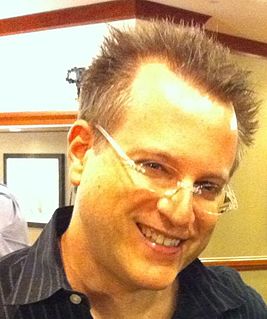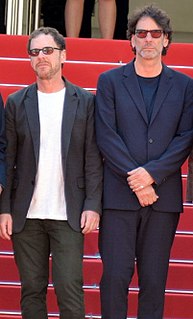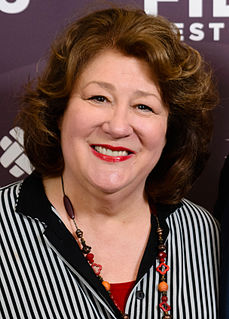A Quote by Ben Mezrich
I've always loved adventure stories that involve brilliant kids using their brains to beat systems that seem unbeatable.
Related Quotes
She always did like tales of adventure-stories full of brightness and darkness. She could tell you the names of all King Arthur's knights, and she knew everything about Beowulf and Grendel, the ancient gods and the not-quite-so-ancient heroes. She liked pirate stories, too, but most of all she loved books that had at least a knight or a dragon or a fairy in them. She was always on the dragon's side by the way.
I usually make up stories for my kids.I like to tell them stories and make up any kind of crazy to involve them in characters. The kind of fairytales I don't like are the ones with happy endings, where there's just good and evil and things are perfect. I think when there's a good story for children it has a moral tale, so that's what I try to teach my kids.
I'm a big believer that there's more power in numbers and the more you can expand the stories that are relevant to both communities, the better. For example, a school that's terrible for black kids is terrible for brown kids. We have to figure out ways to navigate the school systems and make sure that we're investing in a public education system that's beneficial for all kids.
Give me an adventure. I'm not talking about some massive adventure. Just something that would make getting fired seem small. Something that I might remember when I'm old." "I can't predict the future," I said, "but based on what little I know so far, I'm afraid it has to be a massive adventure or nothing." "Great!" "Probably the kind of adventure that ends in a mass burial.
For the blue-collar worker, the driving force behind change was factory automation using programmable machine tools. For the office worker, it's office automation using computer technology: enterprise-resource-planning systems, groupware, intranets, extranets, expert systems, the Web, and e-commerce.



































